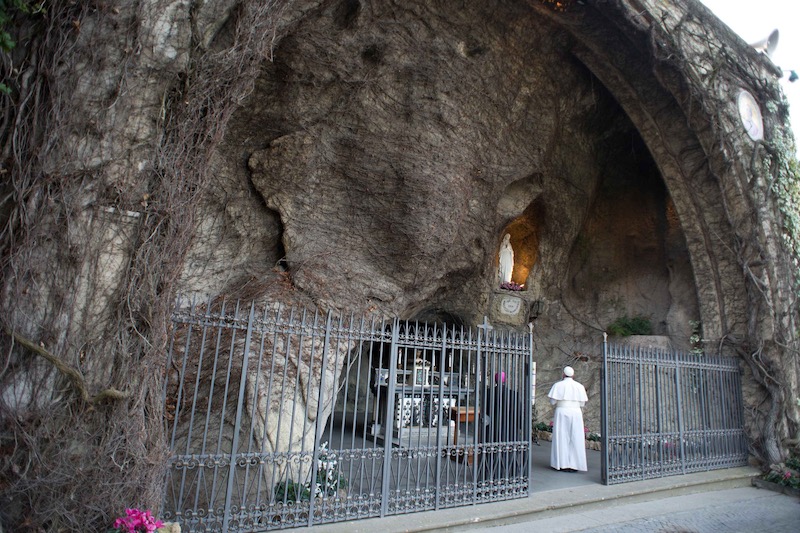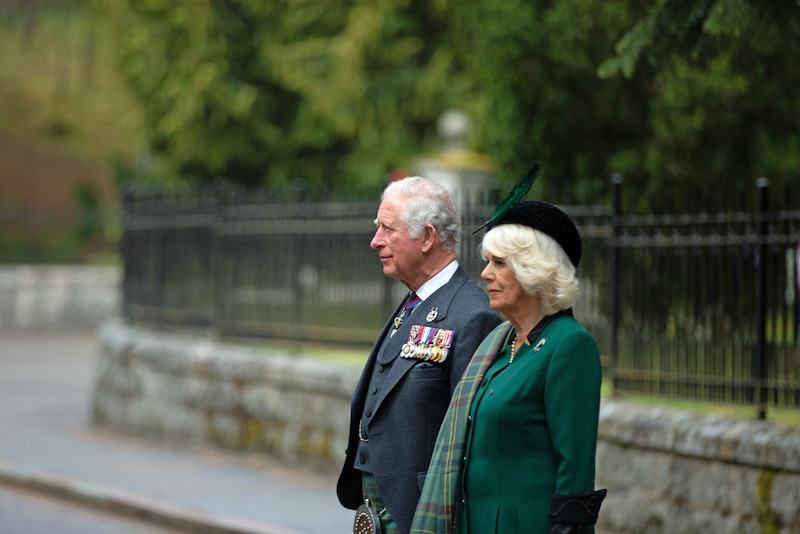The Catholic Education Service has said that Catholic schools plan to re-open in a safe and sustainable manner as soon as conditions allow it. In a statement last week the head of the CES Paul Barber said Catholic schools have to balance their obligation to students who suffer from prolonged absence from school, with the safety of staff and pupils. “Schools must be provided with clear information, proper support and enough time to plan and make thorough risk assessments, before they make the final decision to re-open,” he said.
The Bishops’ Conference has published guidelines for Catholics on organ donations after a change in law last week introduced an “opt-out” system in England. The change means all adults are presumed to be donors unless they have specified otherwise, or are in an exempted group. The Bishop for Healthcare, Paul Mason, welcomed assurances from the NHS that the families of dead people will be consulted. “The Catholic Church has consistently encouraged its followers to consider organ donation,” he said, but warned that “a system of presumed consent risks taking away the right of the individual to exercise this decision, and therefore potentially undermines the concept of donation as a gift.”
Cardinal Vincent Nichols joined the Prince of Wales and other faith leaders to launch a virtual book of remembrance for people who have died as a result of coronavirus. The online memorial, set up by St Paul’s Cathedral in London, will be paired with a physical memorial.
Archbishop Malcolm McMahon of Liverpool has urged Catholics to contact their banks and pension providers to discuss their continuing investment in nuclear weapons, after a new report issued by Pax Christi and other UK faith groups this week revealed that UK pension funds invest billions in nuclear weapons. The National President of Pax Christi’s British Section said: “By acting on the information in this report, Christians can be at the forefront of this change”. Pax Christi Director Theresa Alessandro said: “Diocesan interest in ethical investment has increased especially around fossil fuels. Now in the time of coronavirus I think there is renewed interest in moving money from things like nuclear weapons to things that can genuinely protect us, like healthcare, social justice and sustainable development”.
People Not Walls, a coalition of charities that support migrants in Britain and France, has called on the Government to to provide more opportunities for refugees in northern France to claim asylum in Britain without having to make dangerous Channel crossings. Coordinator Ben Bano described a desperate situation in refugee camps, and said: “These vulnerable people must not be abandoned to the global pandemic.” He urged both governments to help refugees self-isolate safely, with food, shelter and medical support.
Bishop Paul McAleenan, lead bishop for racial justice, has welcomed advocacy by the Catholic Association for Racial Justice (CARJ) concerning Covid-19 and longstanding questions of racial inequality. In a recent letter to supporters CARJ called for an action plan to bring about lasting change, after it emerged that people from BAME communities are much more likely to die with COVID than white people. “I sincerely hope that our government and politicians will take account of CARJ’s call for a comprehensive action plan in pursuit of justice for those who have made such a tremendous contribution and paid such a high price,” Bishop McAleenan said.
A new study exploring the effects of the current pandemic on churches, religion and faith in Ireland and the UK will try to establish if the crisis strengthened or weakened people’s faith. A research team at the Mater Dei Centre for Catholic Education (MDCCE) in Dublin in partnership with York St John University is conducting the study, which will look at how the coronavirus outbreak affected churches, ministry, clergy and people. The survey will look at how well people coped with the pandemic; how clergy and ministry teams have found working in this new environment; whether virtual ministry will become part of the post-pandemic landscape; and whether this be a good move for churches.



 Loading ...
Loading ...